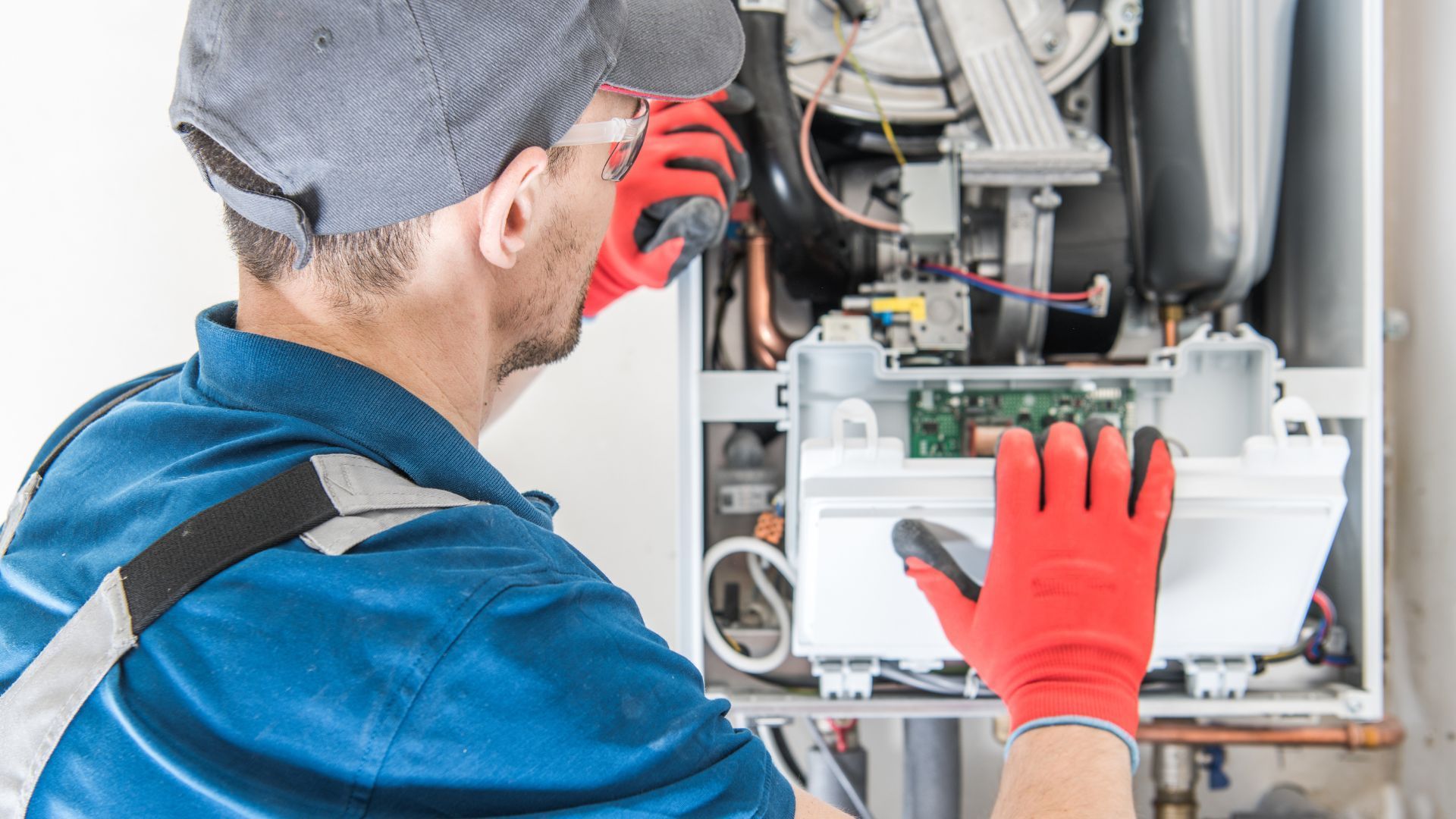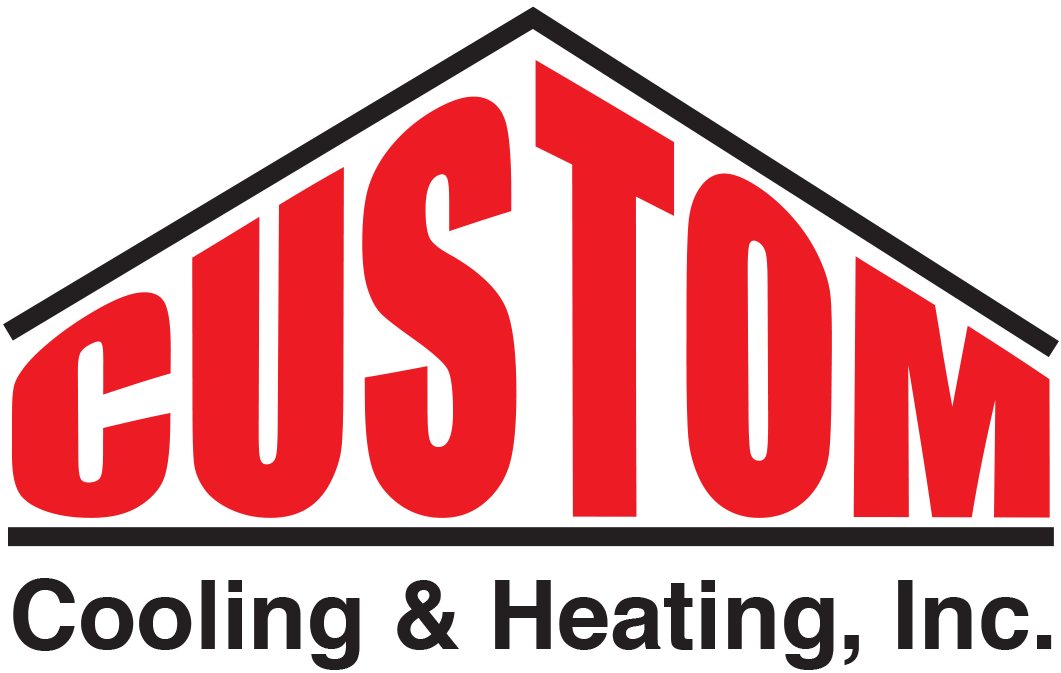What Does a Humidifier do to Improve Your Home
Are you searching for ways to improve your comfort at home? Try investing in a whole-home humidifier! Now you may be wondering “what does a whole-home humidifier do?” Whole-home humidifiers help improve indoor air quality, especially during the dry winter months or in areas with naturally low humidity. In this blog, we’ll explore all the ways a whole-home humidifier can improve your home and health.
Benefits of a Whole-Home Humidifier
1. Say Goodbye to Dry Air
Low humidity levels can lead to dry skin, irritated eyes, and discomfort. A whole-home humidifier maintains standard humidity levels, creating a more comfortable living environment. This can also make your home feel warmer in the winter, reducing the need to turn up the thermostat.
2. Breathe Easy
Proper humidity levels can help ease symptoms of respiratory issues, such as dry throat and sinus congestion. It also reduces the likelihood of nosebleeds and can help in reducing the spread of airborne viruses by keeping the mucous membranes moist.
3. Preservation of Home Furnishings
Wood furniture, flooring, and musical instruments can suffer from cracking and warping from dry air. A whole-home humidifier protects these valuable items and saves you from costly repairs and replacements by maintaining consistent humidity levels.
4. Less Static Electricity
Dry air increases static electricity, which can lead to annoying shocks and damage electronic equipment. A humidifier helps to reduce static build-up and gives you a shock-free environment.
5. Save on Your Energy Bills
Maintaining proper humidity levels can reduce the extra strain on your heating system. Humidified air feels warmer, which can allow you to lower your thermostat and save on heating costs over time.
Types of Whole-Home Humidifiers
Whole-home humidifiers are designed to provide consistent humidity throughout your entire home. The two main types are evaporative and steam humidifiers, each with its own method of adding moisture to the air.
1. Evaporative Humidifiers
Evaporative humidifiers use the natural process of evaporation to add moisture to the air. They are typically installed as part of your home’s HVAC system and come in two main variants: bypass and fan powered.
- Bypass Humidifiers: These units use a bypass duct to direct a portion of your home’s warm air through a water panel or evaporative pad. The air then picks up moisture before being returned to the home’s ductwork. Bypass humidifiers are energy-efficient and suitable for homes with existing HVAC systems. They tend to be quieter but may require a separate installation component.
- Fan-Powered Humidifiers: These units have a built-in fan that helps to force air through the water panel or pad, creating a more efficient moisture distribution. Fan-powered humidifiers are generally more effective in larger homes or in areas with higher humidity needs. They offer quicker humidity adjustments and are typically easier to install.
2. Steam Humidifiers
Steam humidifiers, also known as steam vaporizers, use an electric element to boil water and release steam into the air. The steam is cooled slightly before being distributed throughout the home. Steam humidifiers provide precise control over humidity levels and can reach higher humidity levels compared to evaporative models. They’re ideal for homes with specific humidity requirements or for those seeking a more robust solution to dry air issues. However, you should consider that steam humidifiers generally consume more energy than evaporative models due to the heating process. They also require more frequent maintenance to ensure proper operation and to prevent mineral build-up.
Choosing the Right Whole-Home Humidifier
When selecting a whole-home humidifier, consider factors such as the size of your home, your specific humidity needs, and energy efficiency. Consulting with a professional can help determine the best type and model for your situation, ensuring that you achieve optimal comfort and performance.
At Custom Cooling & Heating, we specialize in helping you find the perfect cooling and heating solutions in Lincoln, Nebraska. Our experts can assist with selecting, installing, and maintaining the right humidifier for your home. We are your trusted partner for a comfortable home!
Contact us today for advice, installation, and support to boost your home’s comfort and well-being.
Read our latest articles



